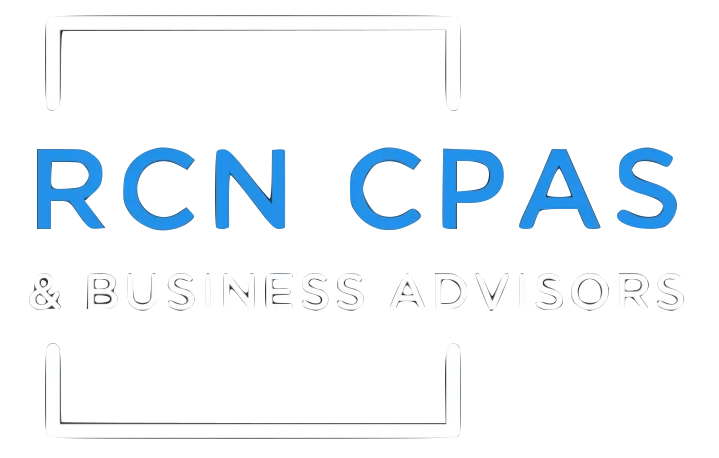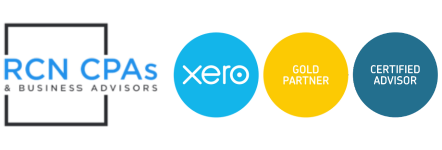Key Deductions and Credits for First-Time Tax Filers
If you are venturing into the realm of tax filing for the first time as a small business owner, the process can seem overwhelming. However, grasping the array of deductions and credits at your disposal can substantially lessen your tax burden and optimize your potential refund.
Here’s a rundown of what you should prioritize to enhance your tax returns.
Standard Deduction versus Itemized Deductions:
The standard deduction offers a fixed amount that reduces your taxable income, while itemized deductions enable you to deduct specific expenses like mortgage interest, medical costs, and charitable contributions. The IRS adjusts standard deductions annually. Depending on your circumstances, you can choose between the standard deduction and itemized deduction to maximize your benefits.
Costs Associated with Operating the Business:
Expenses related to operating your business, including rent, utilities, advertising, and business travel, may qualify as deductible business expenses. These deductions can significantly reduce your taxable income and lessen your tax liability.
Homeownership Deductions:
Property owners may qualify for several deductions.
Mortgage interest, property taxes, and mortgage points are all deductible expenses that can lower your taxable income. Moreover, if energy-efficient upgrades have been made to your property, you might be eligible for the Residential Energy Efficient Property Credit.
Healthcare Expenses:
Medical costs can escalate rapidly, but certain expenses may be deductible if they surpass a certain percentage of your adjusted gross income (AGI). Qualified medical expenses cover doctor’s visits, prescriptions, and health insurance premiums. Furthermore, contributions to a Health Savings Account (HSA) or Flexible Spending Account (FSA) are often tax-deductible.
Retirement Contributions:
Contributing to a retirement account such as a 401(k) or Individual Retirement Account (IRA) not only secures your future but also provides immediate tax benefits. Contributions to traditional retirement accounts are usually tax-deductible, reducing your taxable income for the year and resulting in significant tax savings.
Earned Income Tax Credit (EITC):
The Earned Income Tax Credit is a refundable credit designed to support low to moderate-income earners. Eligibility for the EITC hinges on your income level, filing status, and the number of qualifying dependents. For those who qualify, this credit can yield a significant refund, making it imperative for small business filers to explore.
Comprehending the deductions and credits available can substantially benefit first-time small business tax filers. By leveraging these tax-saving opportunities, you can reduce your tax liability, optimize your potential refund, and foster greater financial stability.
It’s advisable to consult with a tax professional or utilize tax preparation software to ensure you’re maximizing your tax benefits and filing your return accurately. To talk to an expert, schedule a 20-minute consultation with us.





